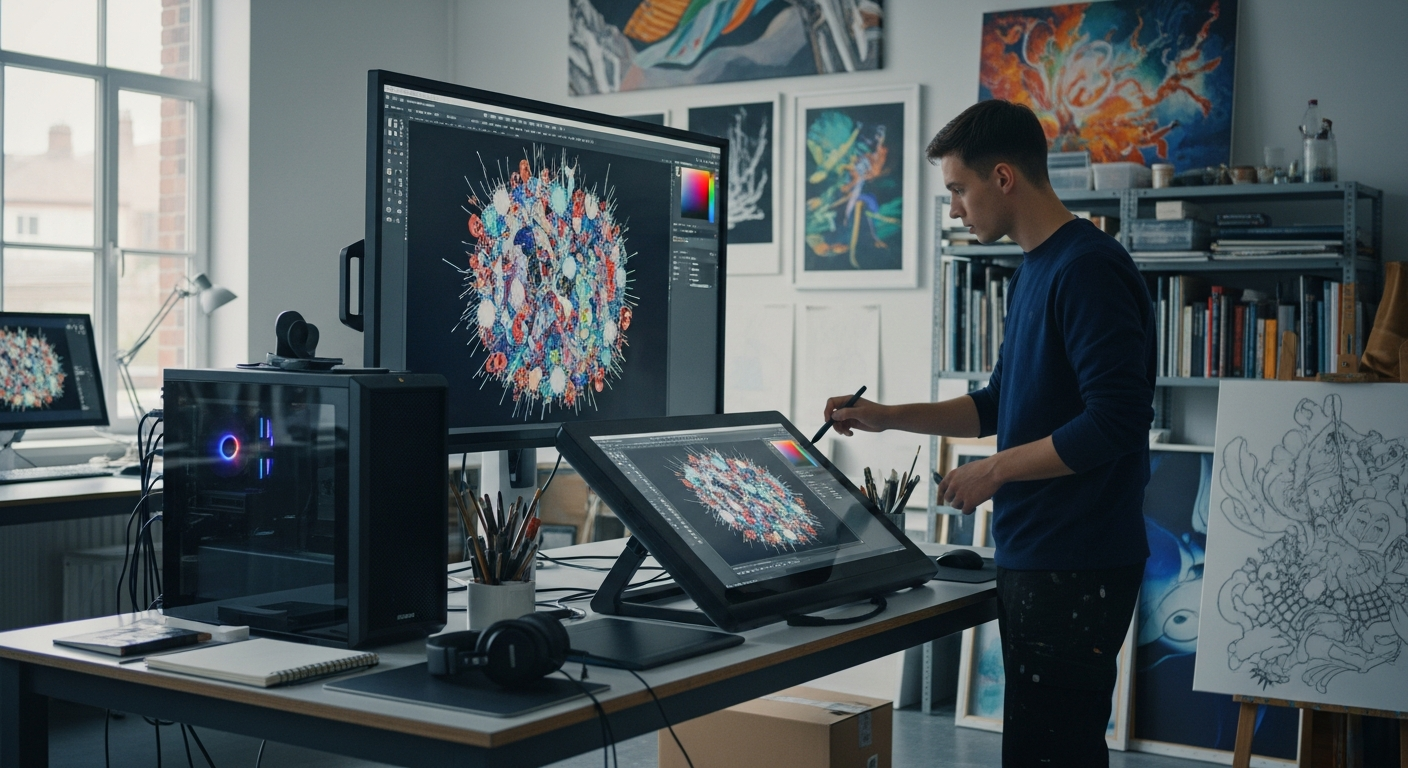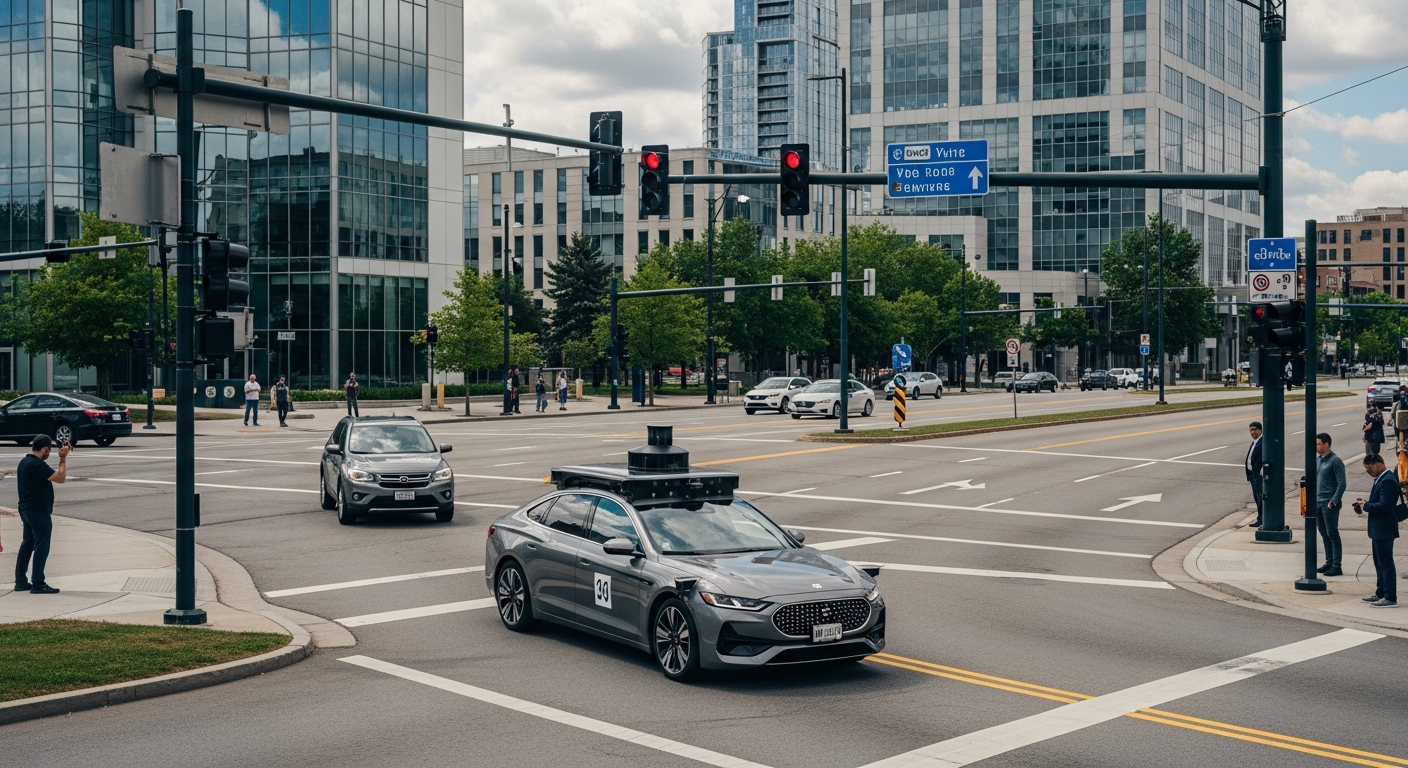Title: Virtual Reality's Surge in Real Estate Marketing
The real estate industry is witnessing a remarkable shift in how properties are showcased and marketed. Virtual Reality (VR) technology is rapidly emerging as a game-changing tool, revolutionizing the way buyers explore and experience potential homes. This innovative approach is not only transforming the house-hunting process but also reshaping the entire real estate marketing landscape.
Enhancing Buyer Engagement and Decision-Making
The implementation of VR in real estate marketing has significantly increased buyer engagement. Prospective homeowners can now visualize themselves in the space, getting a true sense of the property’s layout, dimensions, and atmosphere. This immersive experience helps buyers make more informed decisions, often leading to faster sales processes and reduced time on market for sellers. According to a recent industry survey, properties marketed with VR tours receive 87% more views compared to those without, highlighting the technology’s impact on buyer interest.
Cost-Effective Solutions for Developers and Agents
For real estate developers and agents, VR technology offers a cost-effective alternative to staging and maintaining model homes. Virtual staging allows empty spaces to be furnished and decorated digitally, presenting properties in their best light without the expense of physical staging. This approach not only saves money but also provides flexibility in showcasing different design options to cater to varied buyer preferences. Additionally, VR tours can be easily updated to reflect changes or improvements, ensuring that the virtual representation always matches the current state of the property.
Overcoming Geographical Barriers
One of the most significant advantages of VR in real estate marketing is its ability to overcome geographical barriers. International investors and long-distance buyers can now explore properties in detail without the need for extensive travel. This global accessibility has opened up new markets for real estate professionals, allowing them to showcase properties to a worldwide audience. The technology has proven particularly valuable during times when physical travel is restricted, ensuring that the real estate market can continue to function efficiently even in challenging circumstances.
The Future of VR in Real Estate
As VR technology continues to evolve, its applications in real estate are expected to expand further. Industry experts predict the integration of artificial intelligence with VR, allowing for personalized virtual tours that adapt to individual preferences. Additionally, the development of haptic feedback technology could soon enable users to feel textures and surfaces within the virtual environment, adding another layer of realism to the experience. These advancements promise to make virtual property tours even more immersive and informative, potentially revolutionizing the entire home-buying process.
Challenges and Considerations
While the benefits of VR in real estate marketing are substantial, there are challenges to consider. The initial investment in VR technology and content creation can be significant, particularly for smaller agencies or independent realtors. There’s also a learning curve associated with implementing and effectively utilizing VR tools in marketing strategies. Moreover, some buyers may still prefer traditional in-person viewings, necessitating a balanced approach that combines virtual and physical tours.
Impact on the Real Estate Profession
The rise of VR in real estate marketing is reshaping the role of real estate professionals. Agents are now required to develop new skills, including the ability to create and present virtual tours effectively. This shift is leading to the emergence of specialized roles within the industry, such as VR content creators and virtual staging experts. Real estate professionals who embrace and master these technologies are likely to gain a competitive edge in an increasingly digital market.
In conclusion, Virtual Reality is rapidly becoming an indispensable tool in real estate marketing, offering immersive experiences that enhance buyer engagement and streamline the property viewing process. As the technology continues to advance, it promises to further transform the industry, making property exploration more accessible, efficient, and engaging for buyers worldwide. Real estate professionals who adapt to this technological shift will be well-positioned to thrive in the evolving market landscape.







